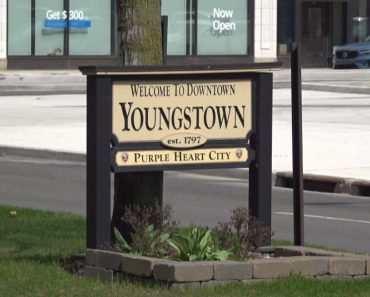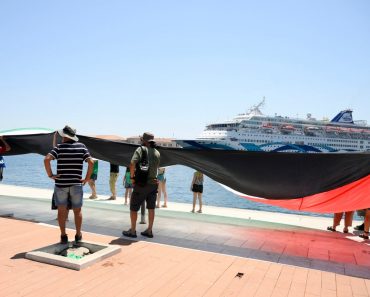ATHENS – A wave of complaints has flooded the MyCoast platform, with 3,500 reports of illegal activities on Greek beaches this year, signaling widespread violations by some entrepreneurs exploiting organized beachfronts.
According to Ministry of Finance spokesperson Omiros Tsapalos, the majority of recent complaints target Halkidiki, Eastern Attica, and Aitoloakarnania.
Speaking to ERT, Tsapalos announced that drone inspections will begin in August over the Cyclades and Dodecanese to identify non-compliant businesses. “The beach is a public space,” he emphasized. “No one can illegally occupy it without a contract and adherence to specific regulations.”
MyCoast App Drives Accountability
The MyCoast app, a free tool downloadable on mobile devices, has empowered citizens to report violations while visiting beaches. “Between May and June, we received around 3,500 complaints,” Tsapalos said. “Over 50% have been investigated, a significant improvement compared to last year.”
Major Violations Uncovered
A recent operation in Halkidiki exposed a glaring violation: an entrepreneur with a permit for 500 square meters had occupied 2,500 square meters—five times the allowed area. Authorities promptly removed the illegal sunbeds, reinforcing that public access to beaches is a priority. “Everyone has the right to access the beach,” Tsapalos stated. “No one can occupy it illegally without proper agreements.”
Free vs. Occupied Beach Space
Tsapalos clarified that beach space is typically split 50-50 between free public areas and business concessions, with Natura areas favoring 60% free space. “Half the beach must remain accessible for anyone with their own umbrella or towel,” he said. Violators face hefty fines—up to €60,000—and repeat offenders may be banned from applying for beach concessions for up to 10 years. Businesses are also responsible for removing illegal setups at their own cost, with Greek Police and municipalities stepping in if they fail to comply.
Drones and Fair Competition
With summer tourism peaking, authorities are intensifying efforts. Drone surveillance will target remote beaches in August to curb violations. Tsapalos also addressed unfair competition, citing cases like Kimolos. “Through electronic auctions and strict regulations, we’re working to prevent such practices,” he said, acknowledging that while not all violations can be preempted, significant progress has been made.
The crackdown underscores Greece’s commitment to preserving public access to its iconic beaches, with technology and citizen engagement playing key roles in enforcement.







